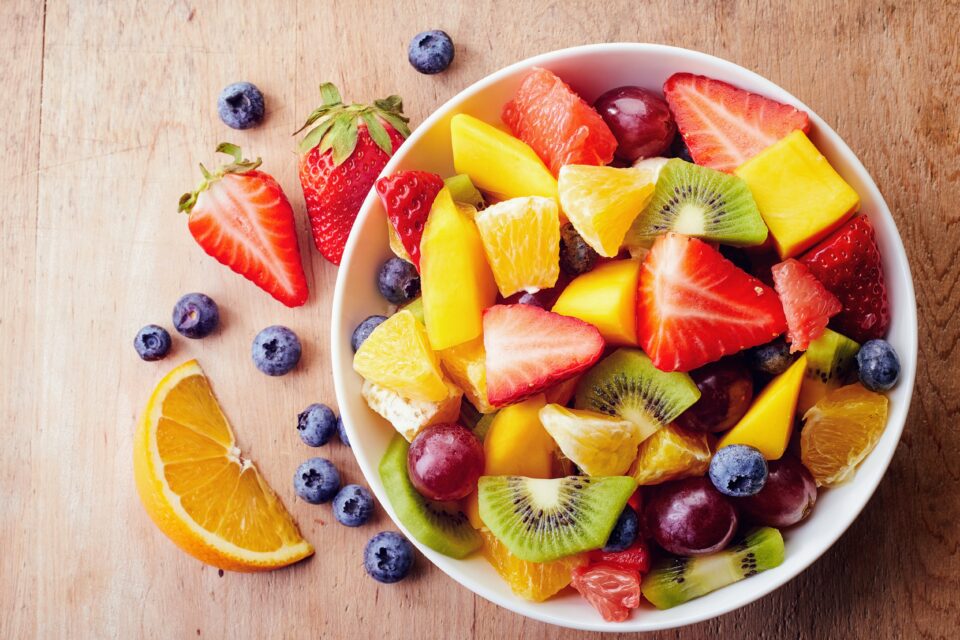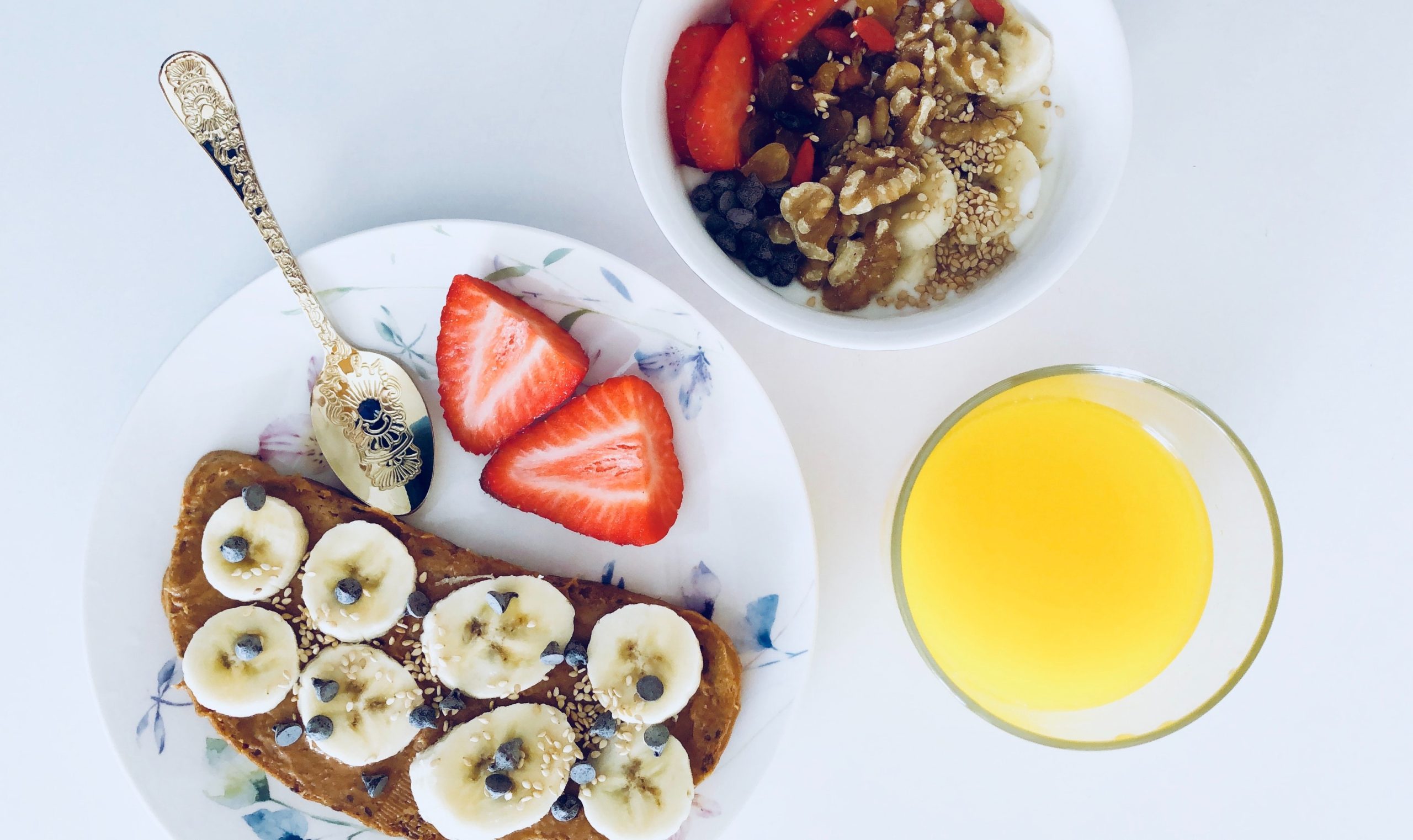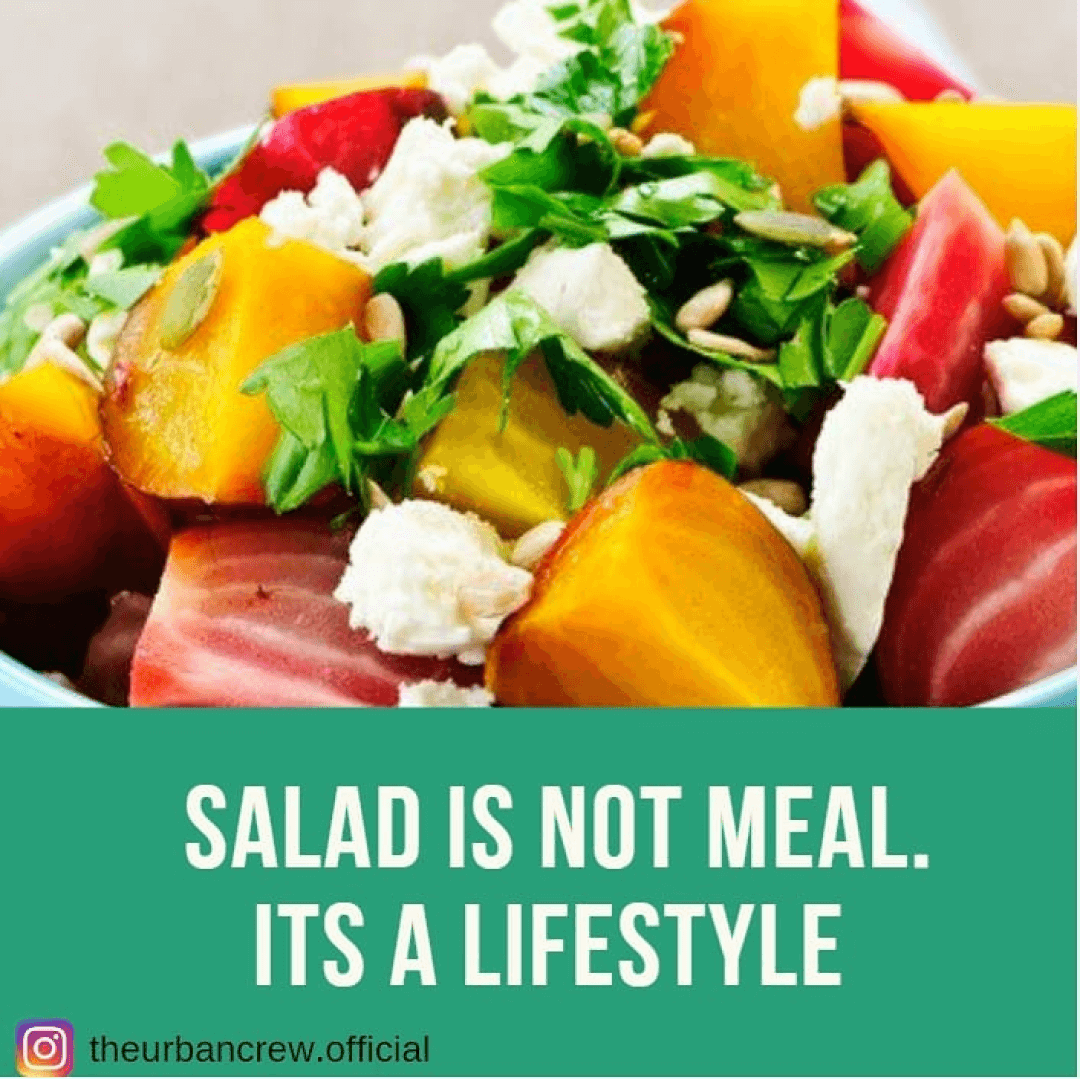Despite its crucial role in leading an active lifestyle, people often overlook nutrition. Nutrition and its role in fitness is vast. If you ever get frustrated in the gym for not seeing results even after regularly exercising, it might be a sign for you to check your diet.
Table of Contents
What are the nutrients you need to include in your diet?

You need to have a balanced diet that includes both macro and micronutrients. Each component in your diet plays a big role in deciding your performance in any type of physical activity. Therefore, the results you see.
Micro-nutrients include vitamins and minerals in general. Macronutrients, on the other hand, include proteins, fats, and carbohydrates.
Micronutrients
Your body needs micronutrients in small amounts. It does not produce them in sufficient quantities. So, we rely on outside sources for vitamins and minerals.
There are two types of vitamins fat-soluble vitamins; vitamins B1, B2, B3, B5, B6, and water-soluble vitamins; Vitamins A, D, E, and K.
Certain vitamins and minerals can act as antioxidants. Antioxidants may protect against cell damage associated with certain diseases, including cancer, Alzheimer’s, and heart disease.
Macronutrients
Macronutrients are needed in large amounts by your body. Macronutrients include carbohydrates, proteins, and fats. We mainly need macronutrients to produce energy and facilitate growth in your body.
Carbohydrates
Carbohydrates act as fuel for your body made of sugars, starches, and fibers found in fruits, grains, and vegetables. They serve as a quick source of energy because they break down easily and convert into glucose, which your mind and body need to function.
Sources of carbohydrates: Fruits, vegetables, whole wheat grains like rice and wheat, sweet potato, etc.
To fully optimize the benefits of carbohydrates you should have the carb-rich meal 20-30 mins before your workout because they will provide energy to carry out your workout session properly.
Proteins
Amino acids make up proteins, which function as hormones, enzymes, and an antibody in the immune system. Protein is important for building muscle as well as the repair and recovery of bones, joints, and ligaments after a workout.
Sources of protein: Eggs, meat, nuts, etc.
It is usually advised to have a protein-rich diet post-workout as it can help in repairing muscle damage after an intense workout session. Health experts advise consuming 0.75 grams to 1 gram of protein per kilogram of your body weight.
Fats
Saturated and unsaturated fats are the two types of fats. Unsaturated fats regulate metabolism, maintain the elasticity of cell membranes, improve blood flow, and promote cell growth and regeneration. Our body doesn’t need saturated fats as much as they increase cholesterol levels, which might lead to an increased risk of heart disease. It is really important to distinguish the two to understand nutrition and its role in fitness.
Sources of fats: coconut oil, avocado, egg yolks, etc.
You should include fats in your daily caloric intake, comprising between 30–35 percent, with a maximum of 10 percent being saturated fats.
Evolution of the fitness industry in India

The fitness industry in India has undergone significant evolution over the past few decades. Here are some key developments that have shaped the industry:
- Increase in awareness about fitness: There has been a significant increase in awareness about the importance of fitness and wellness among Indian consumers. This has led to a growing demand for fitness services and products.
- The emergence of modern gym chains: In the early 2000s, several modern gym chains such as Gold’s Gym, Talwalkars, and Fitness First entered the Indian market. These chains brought in modern equipment, trained professionals, and a range of fitness programs to cater to the growing demand.
- Rise of boutique fitness studios: In recent years, there has been a rise in boutique fitness studios that specialize in specific types of workouts such as yoga, pilates, or CrossFit. These studios offer a personalized and focused experience to consumers.
- Adoption of technology: With the growth of technology, fitness companies in India have adopted digital tools to enhance the customer experience. This includes fitness apps, wearable devices, and virtual training programs.
- Increase in demand for home fitness solutions: The COVID-19 pandemic led to a growing demand for fitness services and products.
- The emergence of modern gym chains: In the early 2000s, several modern gym chains such as Gold’s Gym, Talwalkars, and Fitness First entered the Indian market. These chains brought in modern equipment, trained professionals, and a range of fitness programs to cater to the growing demand.
- Rise of boutique fitness studios: In recent years, there has been a rise in boutique fitness studios that specialize in specific types of workouts such as yoga, pilates, or CrossFit. These studios offer a personalized and focused experience to consumers.
- Adoption of technology: With the growth of technology, fitness companies in India have adopted digital tools to enhance the customer experience. This includes fitness apps, wearable devices, and virtual training programs.
- Increase in demand for home fitness solutions: The COVID-19 pandemic led to a significant shift towards home-based fitness solutions such as online workouts, virtual training sessions, and home gym equipment. This has led to a surge in demand for home fitness products.
Ways in which nutrition impacts your fitness journey.

- Energy for exercise: The above information clearly indicates that carbohydrates serve as the primary source of energy for high-intensity training, while fat is utilized for lower-intensity practice.
- Hydration: It is of utmost importance to drink an ample amount of water in order to maintain body temperature and joint lubrication. Dehydration can lead to reduced exercise performance and risk of heart-related problems.
- Muscle development: Protein is the main macronutrient responsible for muscle growth and repair. Consuming adequate protein post-workout provides the building blocks for muscle recovery and growth.
- Overall health: A diet rich in fruits, vegetables, lean proteins, and healthy fats can reduce the risk of chronic diseases such as obesity, type 2 diabetes, and heart disease.
- Body composition: A balanced diet containing all the necessary nutrition in the right amount can accelerate fat loss and promote muscle growth.
- Muscle recovery: Carbohydrates can replenish glycogen stores and protein repairs muscle damage. They together aid in reducing the risk of injury and repair muscle quickly.
Therefore, it can be concluded that nutrition and fitness go hand in hand. You can’t ignore one and expect good results. It won’t be intelligent to neglect nutrition and its role in fitness.
















